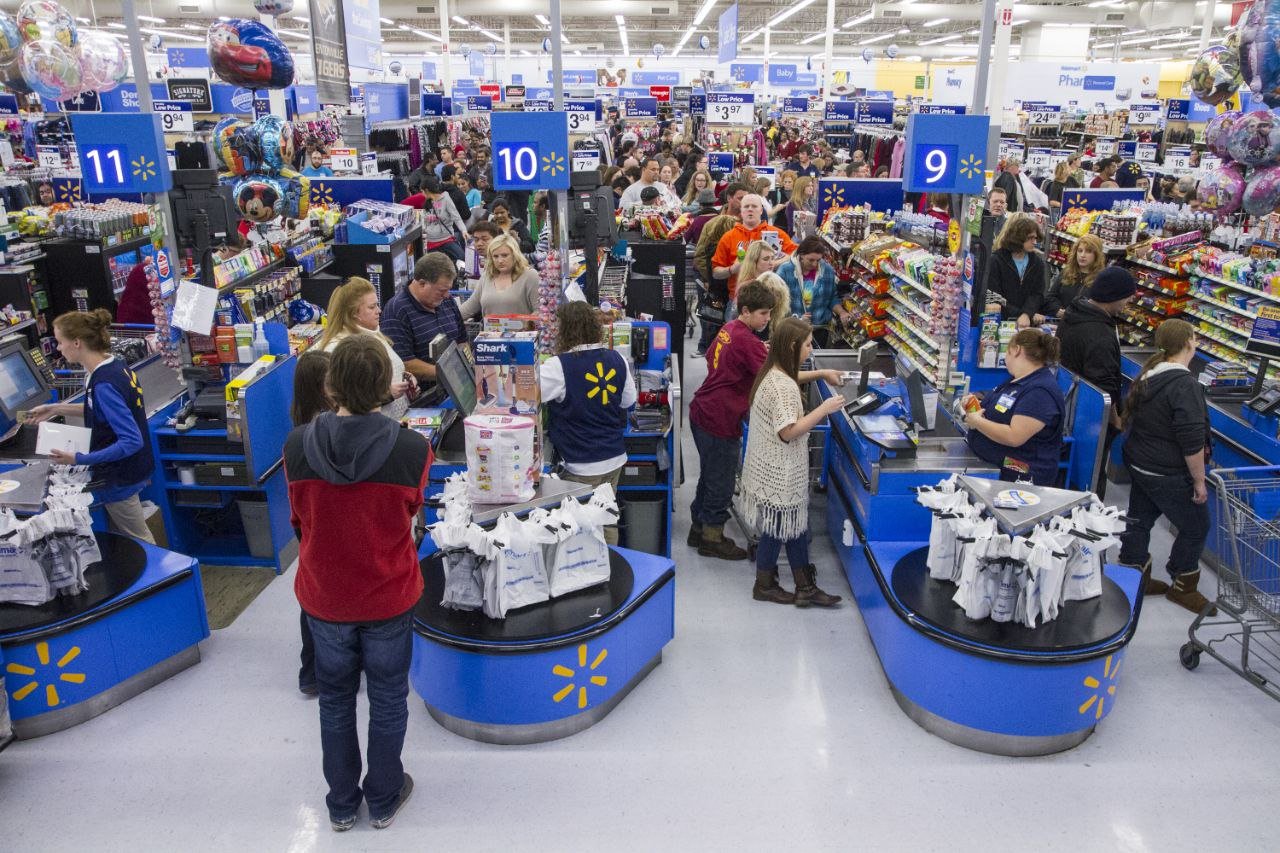
Black Friday, the unofficial shopping holiday that, depending on who you ask, is either a blessing or a pain, is currently facing yet another challenge on its arduous route to winning over Americans.
Many customers avoided establishments two years ago due to concerns about contracting the coronavirus. Consumers last year ordered in advance out of concern that they wouldn’t acquire what they needed due to supply chain delays.
Another worldwide phenomena that is looming large this year is inflation.
Although the economy has been growing more slowly lately and there seems to be a healthy job market, costs for things like food, rent, petrol, and other basics of life continue to be high.
According to a National Retail Federation (NRF) study, 60% of consumers believe the economy has a significant influence on their Christmas plans this year, which is the largest percentage since the Great Recession of 2008–2009.
However, despite altering objectives, consumer purchasing patterns have been steady.
Thanksgiving Day through Cyber Monday are likely to see a record 166.3 million shoppers, roughly 8 million more than when the NRF started keeping track of statistics in 2017. Still, the typical buyer anticipates shelling out more than $800 on everything from décor to presents.
Many claim they will be more picky about the products they buy, frequently settling for less costly options and retailers.
Consumers are waiting because they want lower rates, according to Krish Thyagarajan of DataWeave Analytics, who spoke with Alina Selyukh on Morning Edition of NPR. “Whether the shops blink first or the merchants blink first” will be the deciding factor.
According to NPR’s interview with Vivek Pandya, who watches online buying for Adobe analytics, computers and gadgets are anticipated to receive the highest discounts, with an average of a third off.
Additionally, shoppers are using their funds less frequently for holiday purchases and are instead opting to “buy now, pay later” businesses like Afterpay that give consumers payment plans.
In addition, many are using their credit cards more and more while the Federal Reserve raises interest rates to slow the U.S. economy. The total amount of credit card balances is at its highest level in 20 years.
Isela Dalencia told The Associated Press that she will wait to purchase Christmas presents until Cyber Monday, the Monday after Thanksgiving, when internet sales pick up. She was shopping for home necessities like detergent at a Walmart in Secaucus, New Jersey, earlier this week.
She won’t start shopping until Black Friday this year, preferring to wait until the week before Christmas instead.
Dalencia said, “I am buying less.” She will spend approximately $700 on holiday gifts this year, which is a third less than she did the year before.
Katie Leach, a social worker in Manhattan, was also perusing Walmart’s aisles, although she often waits until the first week of December to begin her holiday shopping.
However, because the cost of food and other family costs is increasing, she will be depending more on deals, her credit card, and “buy now, pay later” services to get her through the holiday shopping season.
Leach observed that “the money is not going as far as last year.”
